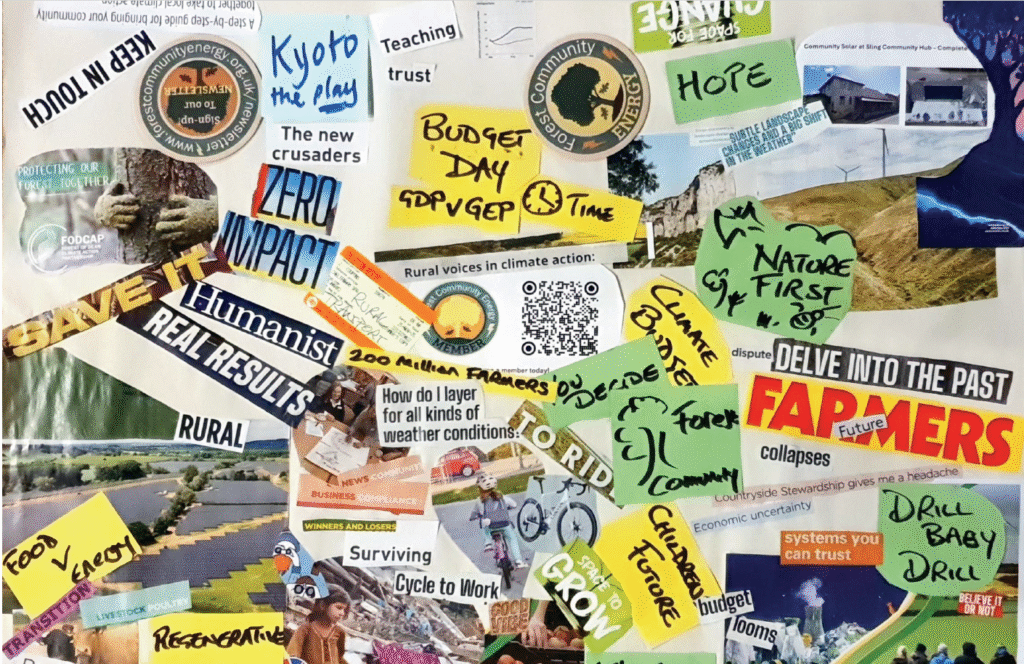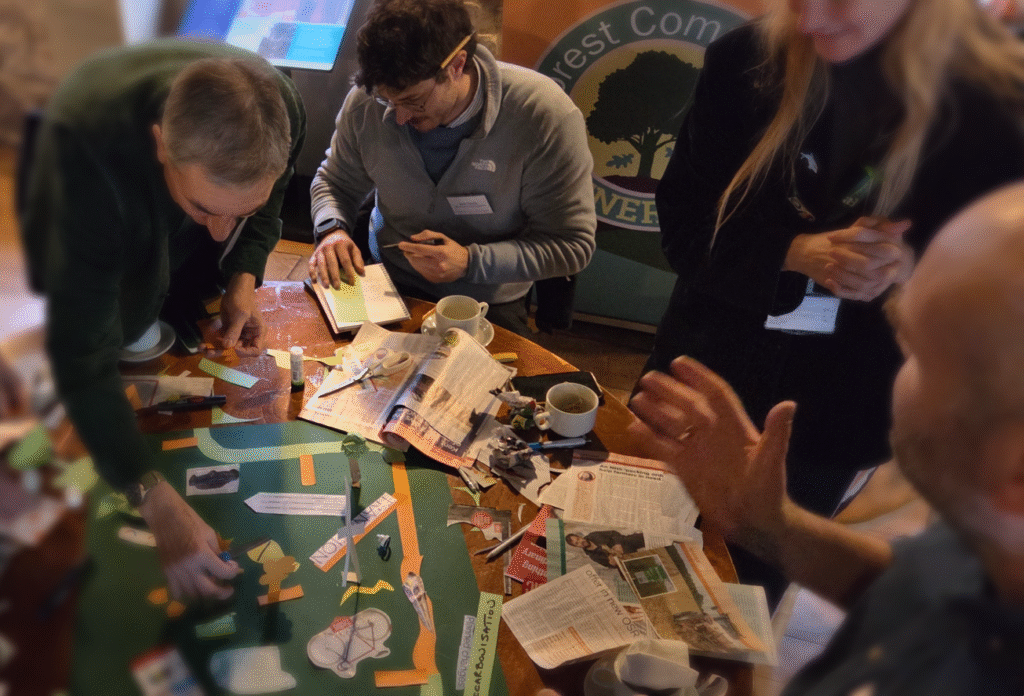Two interesting keynote presentations at the IASC Commons Conference in Alberta last week, provided alternative views of the problems facing the Arctic in the immediate future. Rob Huebert, a research fellow at the Canadian International Council and Canadian Defence and Foreign Affairs Institute, focused on ‘Arctic Sovereignty and climate change’. Itoah Scott-Enns, a member of the Tłįchǫ Nation (First Nation) of Canada who was born and raised in the Denendeh (land of the Dene) in the Northwest Territories, explored issues surrounding ‘Sustainability and a Future for Indigenous Youth in Northern Canada’.

Rob Huebert pointed out that the entire Arctic was at a point of transformation with many drivers of change influencing how we think about the environment, security, and resource development, which challenge our understanding of the terms ‘sovereignty’ and ‘commons’. He explored three interconnected themes:that the speed of change in the Arctic is unprecedented; the drivers of the transformation; and, what this would mean for Canada. He pointed out that for the first time ‘as a species’ we would see the Arctic melt and the ways in which we respond to this massive change will be a matter of security. This is due to several factors, firstly the perception of the Arctic as a ‘treasure trove’ with oil, gas and mineral resources as the prize for those with the capacity and will to extract them. He pointed out that Russia had been producing oil and gas since 2013 and that Canada was now interested in drilling in the Beaufort Sea (although current plans have been shelved due to low oil prices) but the key issue would be the role of national boundaries and the Law of the Sea in determination of how these resources could be shared among competing interests.
Rob also pointed out the focus on security with Russian concerns for protection of their nuclear deterrent (submarines), American concerns over missile attacks, and as the ice melts, a range of interests from other countries including China, Korea, Japan, India, Singapore and the EU. A range of issues were highlighted for Canada to address, including: opening up of the North-West passage, viewed by Canada as internal waters, by others as international waters; extensions of the continental shelf and maritime claims to resources; disputed land claims (e.g. Hans island is claimed by both Canada and Denmark); and, oil off the East Coast of Greenland, which may provide the impetus for Greenland to claim independence from Denmark.
In contrast, Itoah Scott-Enns provided a much more personal view, noting that the overwhelming policy focus on resource development was ignoring a wide range of environmental and social issues in northern Canada. Climate change is already bringing environmental damage, with a record number of forest fires in 2014 (even as she spoke The Edmonton Journal was reporting 65 forest fires burning in Northern Alberta due to a very dry spring), and the Great Slave lake, one of the world’s largest freshwater lakes, revealing a decline in water levels.

Itoah pointed out that intensive resource exploitation was not the only option for the indigenous communities of the Arctic and there is a need to capitalise on the skills within communities instead of creating a future for young people where their only options lay in ‘serving an industry that has no interest in the local people and communities’. She noted that the Arctic region provided an abundant range of natural resources, which could be captured and utilised by local people with a long history of living off the commons resources of the North. A key strategy for ensuring the continuation of thriving indigenous cultures and communities would be to build strategic alliances across the range of indigenous groups across the Arctic, to ensure that local people were involved in consultations on developments at an early stage, and to learn how to deal with intensive resource exploitation from those who had experienced similar struggles in other parts of the world.
An interesting point to note from the two talks was the lack of any connection. Rob’s focus on resource development, underlain by security issues, made no reference to the concerns of those living in the region, while Itoah’s presentation did not recognise the overwhelming power of market forces driving change. Both points of view would do well to recognise the other’s arguments and identify a role for the indigenous communities in development of the Arctic – a role that needs to go beyond platitudes and tick-box ‘consultation’ exercises – and a form of development that must go beyond the mere economic – to include both social and environmental issues.




